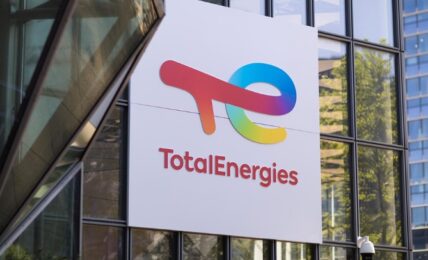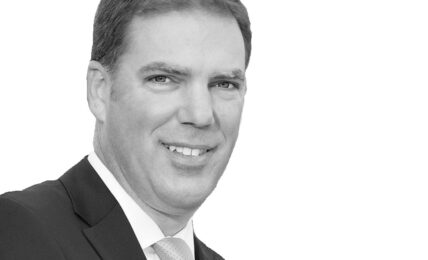Volvo Group and global steel company SSAB announced today a collaboration aimed at producing vehicles built with fossil-free steel.
While several vehicle manufacturers are aiming to address the climate impact of their products through vehicle electrification, the industry still faces emissions challenges stemming from a GHG-intensive value chain. Steelmaking is one of the biggest emitters of CO2 globally, with total greenhouse gas emissions (GHG) from the sector accounting for 7% – 9% of direct emissions from the global use of fossil fuels. Several initiatives are emerging to address steel’s climate impact, including the Climate Group’s recently launched SteelZero, and the HYBRIT initiative established in 2017 between SSAB, Vattenfall and LKAB.
Martin Lindqvist, President and CEO at SSAB, said:
“We are now taking a giant leap towards an entirely fossil-free value chain all the way to the end customer. Together with Volvo Group, we will start work on the development and serial production of fossil-free steel products. We will work together with our customers to reduce their climate impact while strengthening their competitiveness. We are constantly looking at how we can become a more comprehensive supplier of fossil-free steel to customers like Volvo. We see a new green revolution emerging.”
The new collaboration encompasses research, development, serial production and commercialization of the world’s first vehicles to be made of fossil-free steel. According to the companies, the steel will be made by a completely new technology using fossil-free electricity and hydrogen. Additionally, the companies will work together to optimize the use of steel in Volvo’s products with regard to weight and quality, as well as to review of common logistics solutions that can contribute to reducing SSAB’s environmentalEnvironmental criteria consider how a company performs as a steward of nature. More impact from internal and external transports using Volvo vehicles that are powered by batteries or fuel cells.
Volvo stated that it aims to start the production of concept vehicles and components from steel made by SSAB using hydrogen this year, with smaller-scale serial production to start during 2022 and a gradual escalation towards mass production to follow.
Martin Lundstedt, President and CEO at Volvo Group, said:
“We are determined to be a climate-neutral company by 2050 in line with the Paris Agreement. This means that our vehicles and machines will be emission-free when in operation but also that we will review the materials, like steel, used in our products and will gradually switch to fossil-free alternatives here as well. This is an important step on the road to completely climate-neutral transports.”
The post Volvo, SSAB Partner on Development of Vehicles Made of Fossil-Free Steel appeared first on ESG Today.



